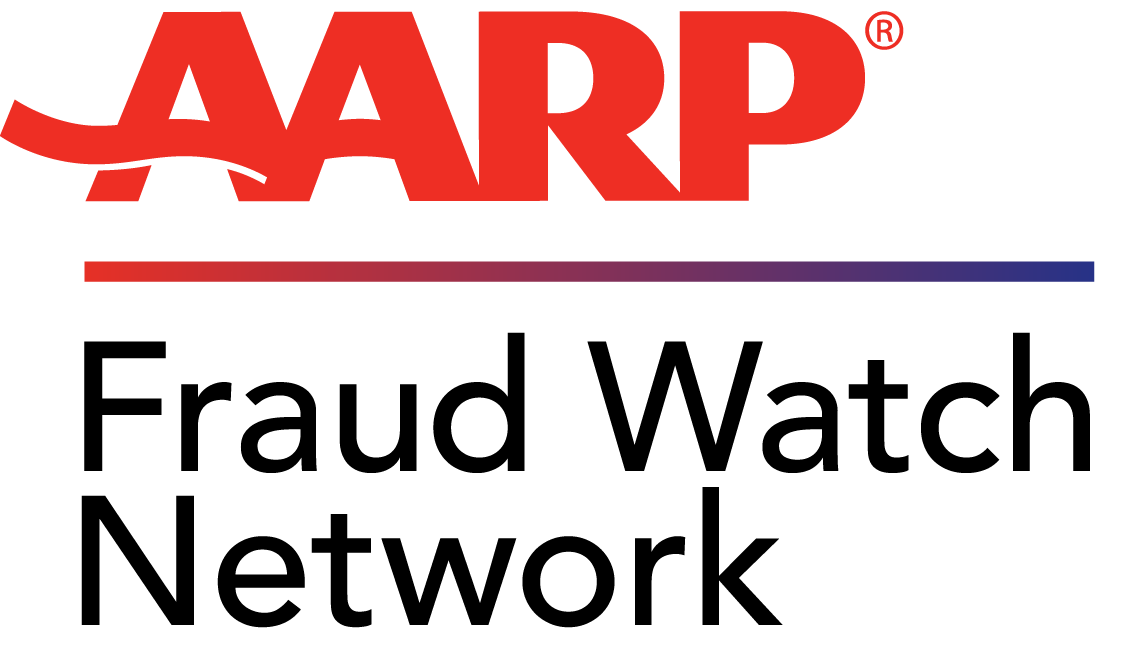AARP Hearing Center


SCAM ALERT #1: SPRING BREAK VACATION SCAMS
Despite what the Groundhog says, winter isn’t going away anytime soon. That fact has many of us looking for a warm getaway this spring, but beware scammers could be lurking on the other end of that sweetheart spring break deal. These three tips will help you spot a potential travel scam. First, be wary of any deal that is dramatically lower than what else is available at your destination. Next, verify the legitimacy of online travel sites by looking closely at the web address – scammers often “spoof” legitimate hotels and third party booking sites. Finally, don’t trust anyone who requests a wire transfer or prepaid gift card to pay for your getaway – these are the payment forms preferred by today’s scammers.

SCAM ALERT #2: TAX ID THEFT
Everyone is guilty of procrastinating from time to time, but one place where it doesn’t pay to wait is doing your taxes. Scammers take full advantage of opportunities during tax filing season to make a fast buck. They commit tax identity theft by filing a phony tax return using victims’ personal information to get a refund. To protect yourself against this scam, file your return as early as possible, use a secure Internet connection if you file electronically, or mail your tax return directly from the post office.
SCAM ALERT #3: CONSUMER SENTINEL 2019 REPORT
The numbers are in. The Federal Trade Commission released its report of fraud complaints from 2019, and scams show no sign of abating. Reported losses amounted to almost $2 billion – and older victims report losing more than younger victims. Impostor scams topped the list – where scammers pretend to be someone they are not to convince you to hand over personal information or money. In fact, government impostor scam reports are up by 50% over 2018. Here’s a tip: that message from the Social Security Administration saying your account has been suspended? It’s a scam. So is the one from your county court saying you face a fine for missing jury duty.

SCAM ALERT #4: DON’T MISS THE COUNT ON CENSUS SCAMS
It’s that season again. The once-every-decade time when we all try and remember how the decennial census count works. It’s no surprise that there is confusion surrounding the census, but that confusion is something scammers are banking on. Here are a few tips to avoiding census scams. The Census Bureau will NOT send you an email with a link to complete the questionnaire online – if you get such an email, it is a scam. The Census Bureau will never ask you to for sensitive information, like your full Social Security number, bank account number or your mother’s maiden name. Finally, when you do get a mailing from Census to tell you how you can complete your questionnaire, look for the official return address of Jeffersonville, Indiana. Any other address is a scam.
Be a fraud fighter! If you can spot a scam, you can stop a scam.
Report scams to local law enforcement. For help from AARP, call 1-877-908-3360 or visit the AARP Fraud Watch Network at www.aarp.org/fraudwatchnetwork.































































